World Wildlife Fund (WWF) Zambia has urged central banks and the financial players to adopt robust climate transitional economic plans.
New findings of the WWF Sustainable Financial Regulations and Central Bank Activities (SUSREG) assessment 2022 show that despite initial steps taken by progressive jurisdictions, central banks and financial supervisors are not up to speed with the transition to a natural positive, net zero economy.
Commenting on the WWF new findings, WWF Zambia country director Nachilala Nkombo said there was need to adopt credible transition plans, to set out clear and actionable steps to achieving science-based climate and nature targets, enabling the transition towards sustainability across the whole economy.
“Transition plans must provide necessary clarity and guidance to financial markets actors and have clear quantifiable, legally binding climate and biodiversity goals for 2025, 2030, and 2050 covering all central banking, financial regulation, and supervision activities,” Nkombo said.
He said in a statement on Thursday that monetary policies and financial regulatory instruments better reflect the economic cost and financial risk of ‘always environmentally harmful’ economic activities that represent the highest financial risks.
She said that financial institutions that are lending to companies involved in environmentally harmful activities should face far higher capital requirements to account for the long-term risks involved.
“With the adoption of the Kunming-Montreal Agreement, committing the world to halting and reversing biodiversity loss by 2030,” Nkombo said.
She said there was a need for immediate, coordinated and consolidated international action including from central banks, supervisors and regulators.
Read more:Zambia Monitor | Latest Zambian News, Latest News in Zambia
Through its role as provider of capital, Nkombo said credit and insurance to the real economy, the financial system has a critical part to play in the transition to a low-carbon, nature-positive and a fair economy.
“Along with governments and civil society, financial regulators, supervisors and central banks need to deliver an immediate, wide-ranging impact in reversing biodiversity loss without excuses or delays, “she said.
To help reach their goals, Nkombo said WWF has set out a pathway to a climate safe and nature positive global economy, for the financial sector to globally adopt new nominal anchors for their mandates.


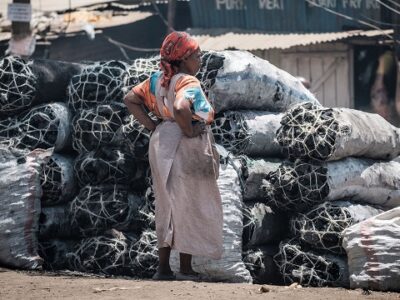
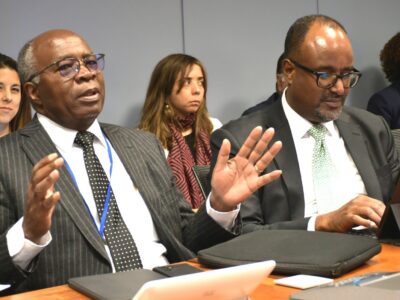
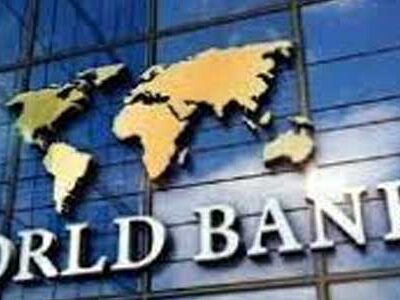
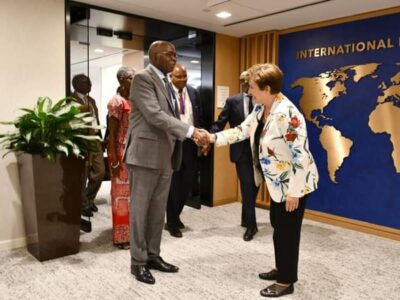
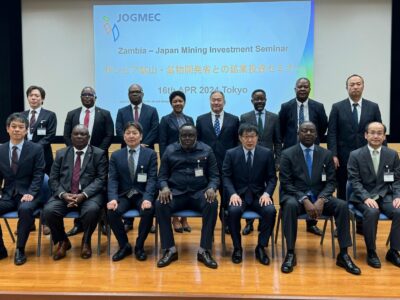
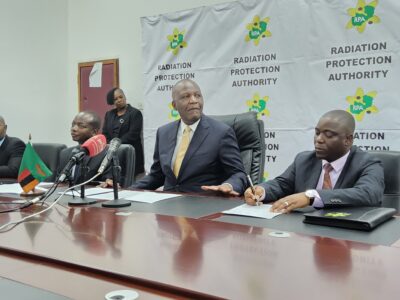




Comments